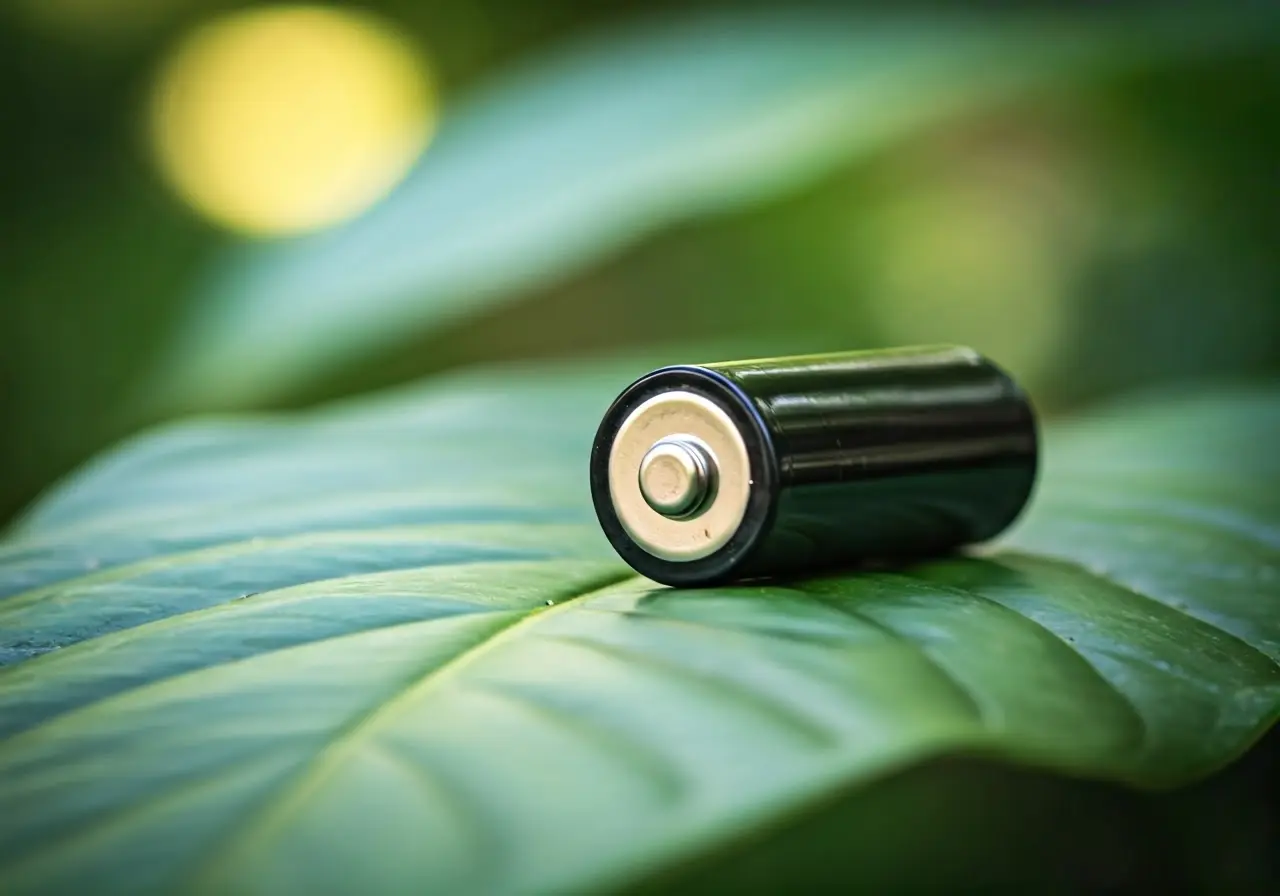What Are the Environmental Benefits of Using LiFePO4 Batteries?
As the world becomes increasingly conscious of the need for sustainable energy solutions, batteries play a pivotal role. Among them, LiFePO4 batteries have caught the attention of many for their eco-friendly attributes. This blog delves into the environmental advantages these batteries offer.
Understanding LiFePO4 Batteries
LiFePO4 batteries, or Lithium Iron Phosphate batteries, are a type of lithium-ion battery that stands out due to their stable chemistry and safety features.
These batteries utilize lithium iron phosphate as the cathode material, which ensures greater thermal stability compared to other lithium-ion batteries. This stability translates to enhanced safety and a reduced risk of overheating, making them a reliable choice for both personal and industrial use. The design of LiFePO4 batteries inherently lends them a longer lifespan, meaning they can offer consistent performance across numerous years compared to other lithium chemistries.
Another vital aspect of LiFePO4 batteries is their market acceptance and growth. Their share in the battery market has grown significantly, rising from just 6% to 30% in recent years, highlighting the increasing trust in their capabilities and environmental benefits as noted in various market reports.
Reduced Toxicity and Environmental Impact
Unlike conventional lithium-ion batteries that include harmful metals like cobalt and nickel, LiFePO4 batteries are free from these toxic elements. This difference significantly minimizes the risk of environmental contamination during production, use, and disposal.
The absence of heavy metals not only benefits the environment but also reduces ethical concerns associated with lithium battery production especially in regions of excessive cobalt mining. Reducing reliance on such materials leads to less detrimental mining practices, making LiFePO4 a preferred option for those focusing on sustainable practices.
Moreover, the non-toxic nature of LiFePO4 batteries enhances their recycling potential. While other batteries pose risks that complicate recycling processes, LiFePO4 can be recycled more efficiently, presenting an opportunity to recuperate materials and reduce waste through promising recycling initiatives.
Enhanced Battery Lifespan
LiFePO4 batteries boast a longer lifespan, reducing the frequency of replacements and, consequently, minimizing waste and resource consumption.
In quantitative terms, these batteries can deliver nearly five times as many charge cycles as standard lithium-ion variants ensuring a longer operational life. This longevity is not just about economic savings but also a significant reduction in environmental strain since fewer batteries need to be produced and disposed of over time.
The extended life cycle helps in conserving raw materials and energy that would otherwise go into manufacturing new batteries, thus reducing the overall carbon footprint. This aspect makes LiFePO4 batteries a standout choice in industries where durability and sustainability take precedence.
Safety and Efficiency
With greater thermal and chemical stability, LiFePO4 batteries are less prone to overheating, reducing the risk of accidents and making them a safer, more efficient choice.
The safety features of LiFePO4 batteries are particularly beneficial when integrated into domestic or large-scale renewable energy systems. Their resistance to thermal runaway—a condition where increased temperature continuously accelerates the reaction process—prevents explosions and fire hazards, offering peace of mind and increased reliability.
In mission-critical applications such as backup power for medical equipment or renewable energy storage, the reliability of LiFePO4 batteries ensures consistent performance without compromising safety, marking them as a reliable partner in transitioning towards greener energy alternatives.
Contribution to Sustainable Energy Solutions
By supporting renewable energy systems like solar and wind, LiFePO4 batteries facilitate the transition to sustainable energy solutions.
The modular Echo series from SunFusion is a prime example of LiFePO4 battery integration with renewable energy systems. These batteries are designed to store energy efficiently, thus overcoming the challenge of intermittency observed in sources like solar and wind energy. The energy stored can be reliably released during periods of low generation, ensuring a stable supply.
LiFePO4 batteries enable more flexible and distributed renewable energy networks. Their use in microgrids and home energy systems can decrease reliance on centralized power plants that heavily depend on fossil fuels, further contributing to a sustainable energy landscape.
Embracing Eco-Friendly Energy Solutions
LiFePO4 batteries pave the way for a more eco-conscious future by providing a safer and more sustainable energy solution. Their longevity, safety features, and reduced environmental footprint make them a significant contributor to green energy evolution.


